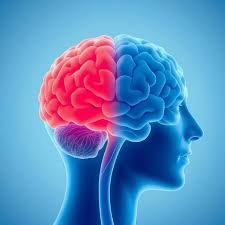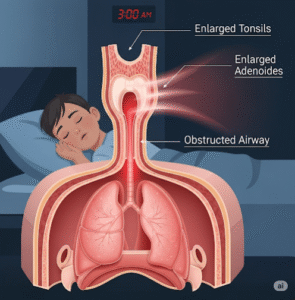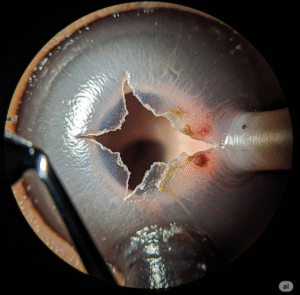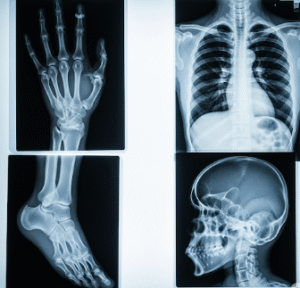Overview
Early-onset dementia refers to dementia that occurs before the age of 65, affecting individuals in the prime of their lives. Though less common than late-onset dementia, it poses significant challenges in employment, family responsibilities, and social life. In Korea, specialized centers at hospitals like Seoul National University Hospital, Asan Medical Center, and Samsung Medical Center provide early diagnosis, medical management, and counseling tailored for younger patients.
What is Early-Onset Dementia?
Early-onset dementia is a progressive cognitive disorder occurring in adults typically aged 30–64 years. The symptoms are similar to those of traditional dementia, including memory loss, executive dysfunction, and behavioral changes. Common causes include Alzheimer’s disease, frontotemporal dementia, vascular dementia, and genetic mutations.
Symptoms
- Memory loss affecting work and daily life
- Difficulty with planning, organizing, or decision-making
- Behavioral and personality changes
- Language difficulties (finding words, forming sentences)
- Mood changes, depression, or anxiety
- Impaired judgment and problem-solving abilities
- Social withdrawal or isolation
Causes
- Alzheimer’s disease with early-onset variants
- Frontotemporal dementia affecting personality and behavior
- Vascular damage due to strokes or cardiovascular risk factors
- Genetic mutations, such as presenilin or APP gene variants
- Head trauma or repeated concussions
- Chronic medical conditions affecting brain function
Risk Factors
- Family history of early-onset dementia
- Genetic predisposition
- Cardiovascular risk factors (hypertension, diabetes)
- History of brain injury
- Lifestyle factors such as smoking, alcohol use, and inactivity
- Chronic stress or depression
Complications
- Difficulty maintaining employment
- Strain on family and caregiving responsibilities
- Social isolation and emotional distress
- Rapid progression of cognitive and functional decline
- Increased risk of depression and anxiety
- Loss of independence in daily living
Prevention
- Healthy lifestyle with regular physical and mental exercise
- Balanced diet rich in fruits, vegetables, and omega-3 fatty acids
- Management of cardiovascular and metabolic conditions
- Avoidance of smoking and excessive alcohol consumption
- Early screening for cognitive impairment in high-risk individuals
- Genetic counseling if family history is present
Treatment Options in Korea
Treatment focuses on slowing cognitive decline, managing symptoms, and supporting patients and families.
- Diagnosis
- Detailed cognitive and neuropsychological testing
- Blood tests to rule out reversible causes
- Brain imaging (MRI, CT, or PET scans)
- Genetic testing in suspected hereditary cases
- Medical Treatments
- Cholinesterase inhibitors (donepezil, rivastigmine)
- NMDA receptor antagonists (memantine)
- Medications for behavioral symptoms (antidepressants, antipsychotics if necessary)
- Treatment of coexisting medical and psychiatric conditions
- Supportive Care
- Cognitive stimulation therapy and occupational therapy
- Speech and language therapy for communication issues
- Counseling and support groups for patients and families
- Planning for workplace accommodations and daily life adjustments
- Specialized Hospitals in Korea
- Seoul National University Hospital – Early-onset dementia and memory clinics
- Asan Medical Center – Multidisciplinary management and counseling
- Samsung Medical Center – Advanced diagnostics and genetic evaluation
- Community-based centers for rehabilitation and caregiver support
- Long-Term Follow-Up
- Regular cognitive assessments to monitor disease progression
- Adjustment of medications and therapy plans
- Continuous support for family and caregivers
- Guidance for future planning, including legal and financial considerations













